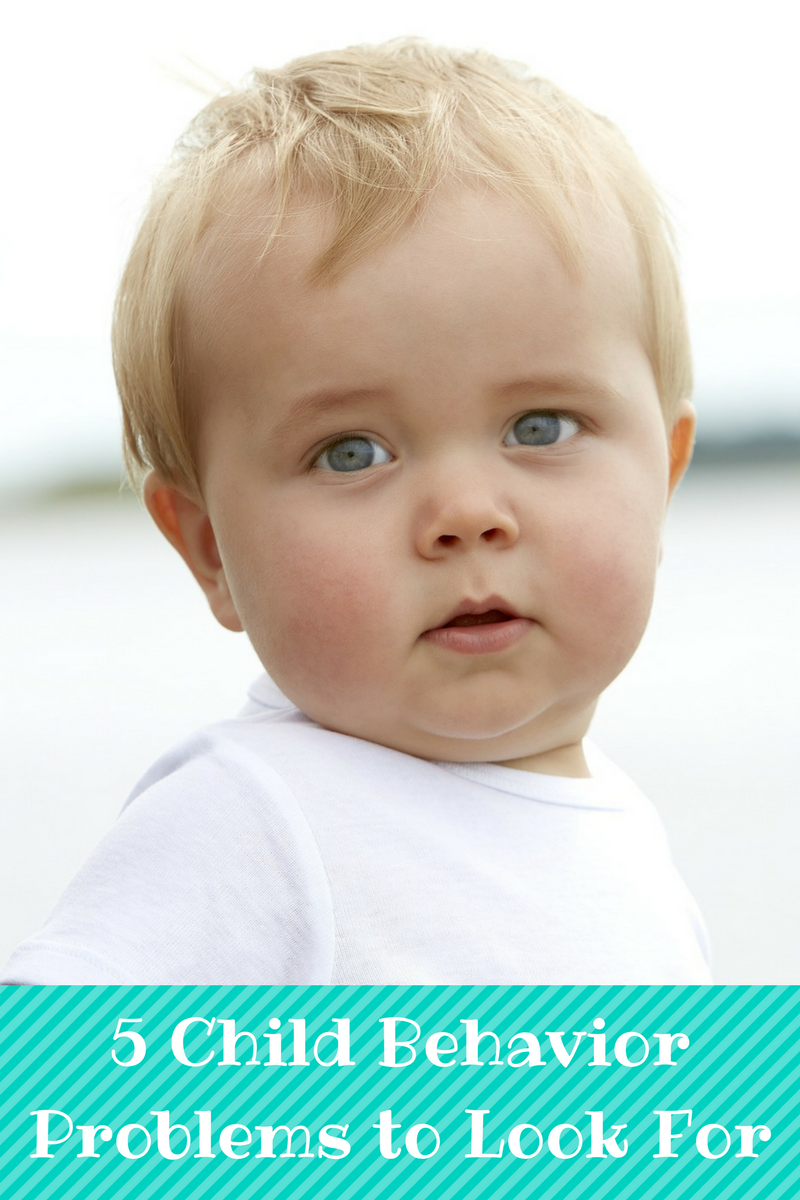As a parent, you are typically the closest person to your child and are usually the first person to notice if your child is exhibiting a concerning behavior. However, in your desire to think the best of your child, you may be tempted to sweep it under the rug. Here are five problem behaviors in toddlers that you should never ignore and that you should bring to the attention of a professional if they persist.
Self-Abuse
A normal toddler reaction to frustration is to lash out at something or someone else. However, a toddler who resorts to hurting himself, such as by banging a body part on a wall or slapping the head, can be a sign of a bigger problem, such as a neurochemical imbalance or seizure activity. Therefore, professional help is needed to determine the cause as well as a treatment, such as medication.
Tantrums
Nearly all toddlers have tantrums at some point. How you react to them often determines whether the behavior continues. You should confront the problem to let your child know that you understand what they are doing and to acknowledge the anger. If this behavior is not stopped quickly, it can lead to a terrible attitude later in life and difficulty in responding to authority.
Aggressiveness towards Others
Bullying behavior should never be tolerated as it can severely harm others both physically and emotionally. Once again, you should immediately confront your toddler to let him or her know that hurting someone else is never tolerated. Give your child a different response idea for when he or she feels angry. If the aggressiveness continues, you may need to visit with a therapist or someone who has attended board certified behavior analyst online programs.
Inability to Concentrate
If your child routinely has trouble paying attention in school or constantly skips from activity to activity, he or she may be dealing with a disorder, such as ADHD, which is characterized by poor concentration, lots of mistakes in class work, fidgeting and impulsiveness. If you are concerned that your child may have this, visit with a specialist to determine if a medication could be right for your child.
Lying
Lying often starts out small with toddlers who try to get away with things. However, you want to catch them in this behavior pattern early to stop them from lying about bigger things, such as drugs or risky behavior, as they get older. The more a child lies, the more automatic this habit becomes. When your toddler tells a fib, immediately let him or her know that you know the truth. Help your child determine why he or she felt the need to lie, and explain that if they continue to lie, people will have difficulty ever believing them
Some of these issues can be quickly nipped in the bud in the home if you are willing to address the problems with grace and help your child overcome them. However, problems that are dangerous, such as self-abuse or physical aggressiveness to others, as well as problems that are persistent should be addressed with the help of a trained professional. These professionals have worked with thousands of children and will be able to know which therapies can create lasting change.


真是学无止境!